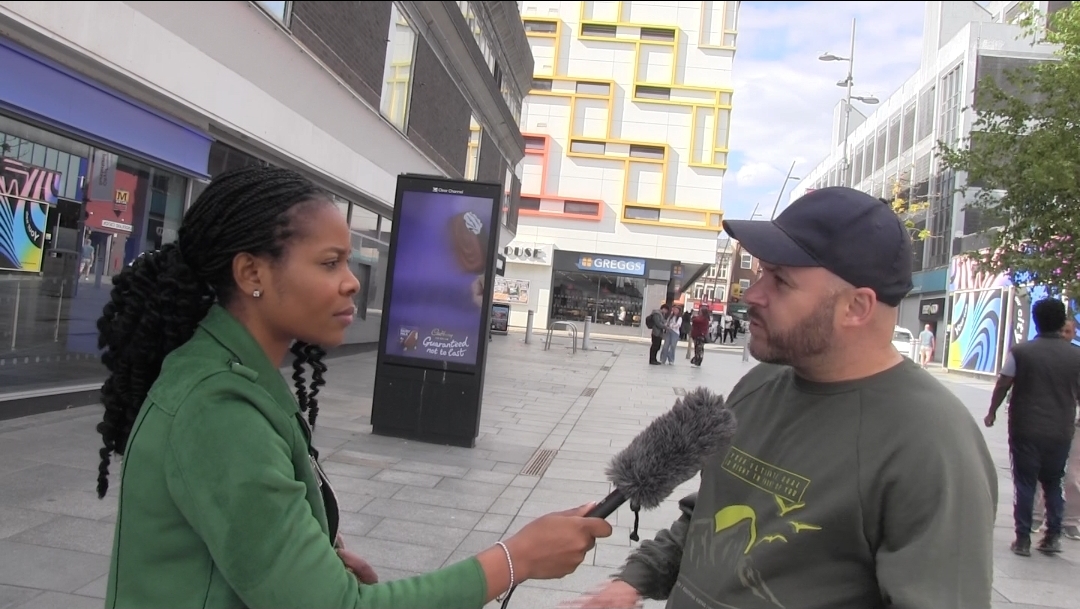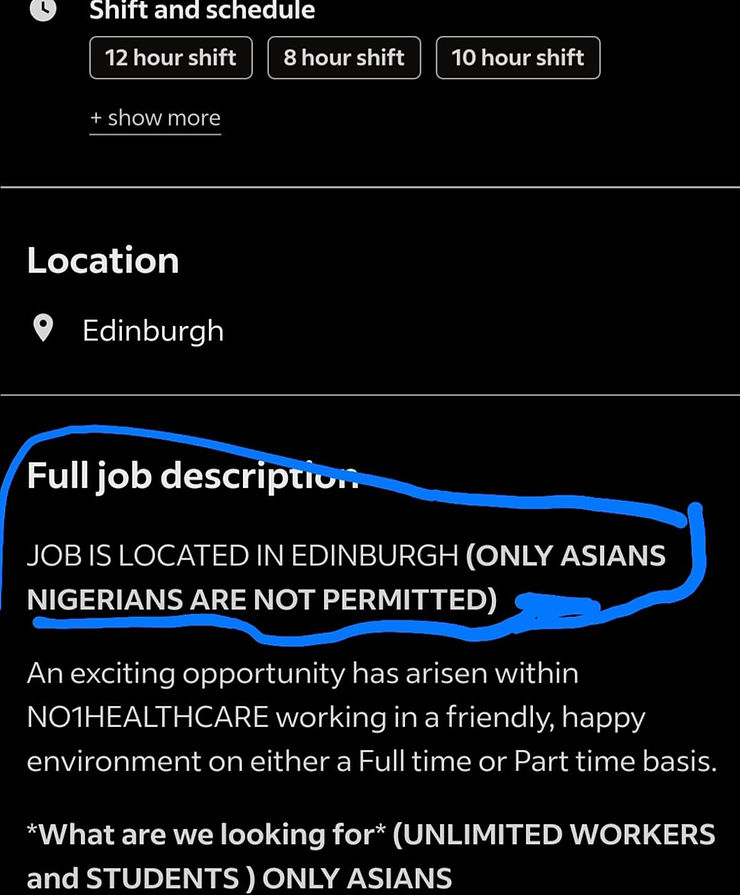Residents in Sunderland have expressed mixed feelings following the introduction of the Online Safety Act, with some hailing it as a step towards protecting children and others warning it could threaten free speech and hand too much power to the government.
The legislation, which came into force this week, places new legal obligations on social media companies to remove harmful content, protect under-18s from inappropriate material, and verify user ages for certain services. Critics, however, fear it could be used to stifle legitimate expression and impose state control over the internet.
Sunderland Conservative Leader and councillor for Barnes ward, Antony Mullen, said: “The Online Safety Act has its origins in a decade of policymaking intended to make the internet a safer place for children. This is a noble ambition and it is essential that the kind of online harms the previous Conservative government set out to tackle – from child abuse to websites promoting suicide among teenagers – are eliminated from online spaces.
“However, the way the Labour government has implemented the Online Safety Act betrays these aims. It has already been used as a tool for stopping informed adults from reading tweets by Conservative MPs about illegal immigration.
“This in no way makes the internet a safer place to be – it is a restriction on free speech and on access to information.
“Labour has gone from not knowing what a woman is to not knowing what a child is. On the one hand they want 16 year olds to have the right to vote, but at the same time they have banned them from accessing the tweets of Shadow Ministers.”
Other Councillor contacted for comments, have yet to respond. Meanwhile, on the streets of Sunderland, views varied widely.
A resident identified as Lee said: “I don’t think it’s a good idea. Sure, it might be good for children, but in the bigger picture it’s bad for free speech. It gives the government too much power to decide what’s right and wrong, and that’s dangerous.”
Another resident Chris A, took the opposite view.
“I welcome it, especially for kids. For adults, it’s easier to skip through clips, but children with access to the internet would click whatever comes up without any idea what what they are looking at and certainly without any parental consent. The internet is a minefield and someone has to take responsibility.”
Muhammed who also lives in Sunderland said: “It’s a good idea for children. Right now, a lot of people, young and old have access to information they simply shouldn’t have. It’s about time someone drew the line.”
Local charities working with young people in Sunderland have cautiously supported the Act, but called for more investment in digital literacy education.
The government insists the Act will be enforced with “strong safeguards” to protect freedom of expression, but opponents in Sunderland and beyond warn that the real test will come in how the rules are applied in practice.
The Online Safety Act explained
Purpose: To make the internet safer, particularly for children and vulnerable people.
Who it affects: Social media companies, search engines, and other online platforms with user-generated content.
Key measures:
Remove harmful or illegal material quickly.
Stop children seeing inappropriate content through age checks.
Crack down on online scams and fraudulent adverts.
Provide clear ways for users to report harmful content.
Safeguards: The government says protections are in place to avoid excessive censorship and to uphold free speech.
Penalties: Companies can face multi-million-pound fines for failing to comply.









Leave a Reply